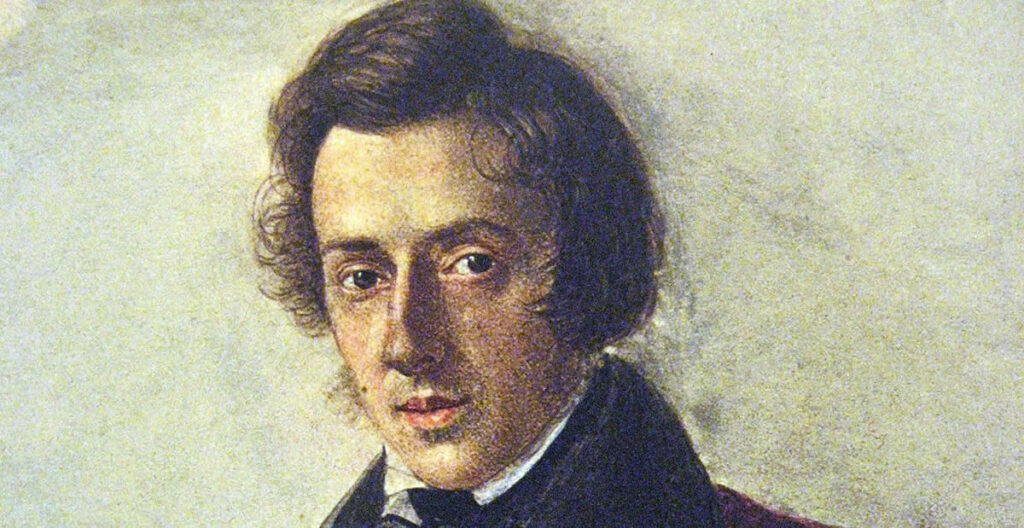
The Story Behind Chopin’s Fugue in A minor, B 144
Frédéric Chopin, celebrated for his emotional depth and technical brilliance, remains one of the most iconic figures in the history of Western classical music. While[…]
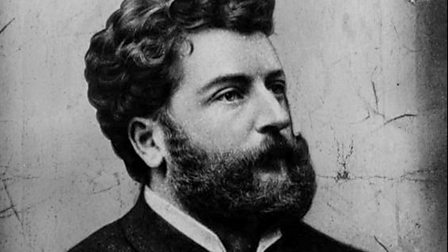
The Story Behind Bizet’s Carmen Suite No. 2
Georges Bizet, one of the most celebrated composers of the Romantic era, is best known for his opera Carmen. Premiering in 1875, Carmen tells the[…]
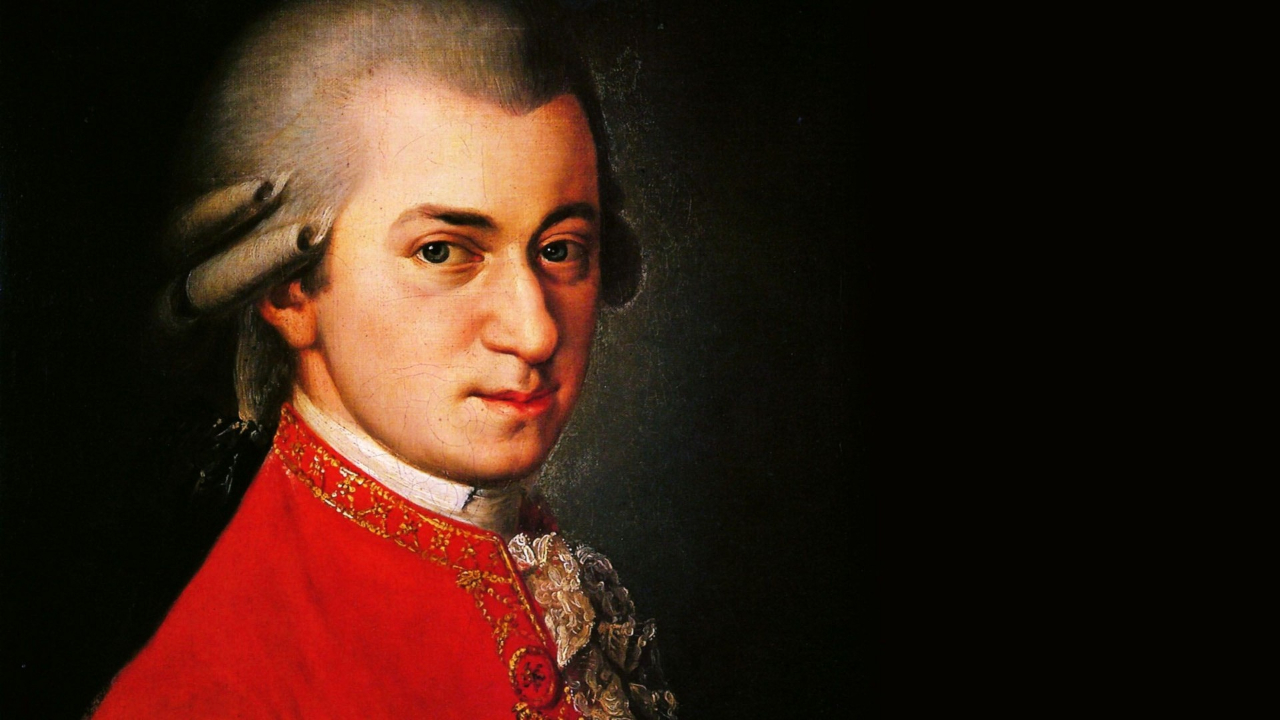
The Story Behind Mozart’s Symphony No. 39
Wolfgang Amadeus Mozart, one of the greatest composers in Western music history, composed Symphony No. 39 in E-flat major (K. 543) during the summer of[…]
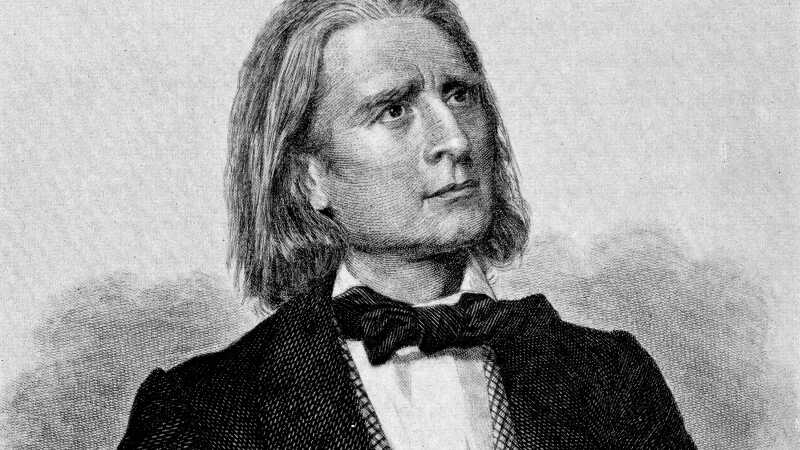
The Story Behind Liszt’s La Notte
Franz Liszt, one of the most influential composers and virtuoso pianists of the 19th century, is celebrated for his innovative contributions to classical music. Among[…]
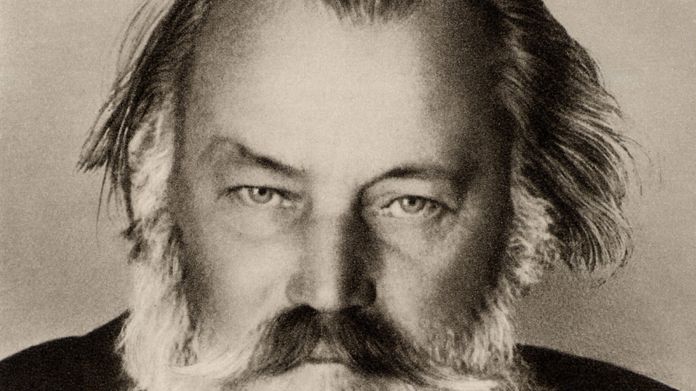
The Story Behind Brahms’s Violin Sonata No. 2 Op. 100
Johannes Brahms, one of the most celebrated composers of the Romantic era, composed his Violin Sonata No. 2 in A major, Op. 100, during the[…]
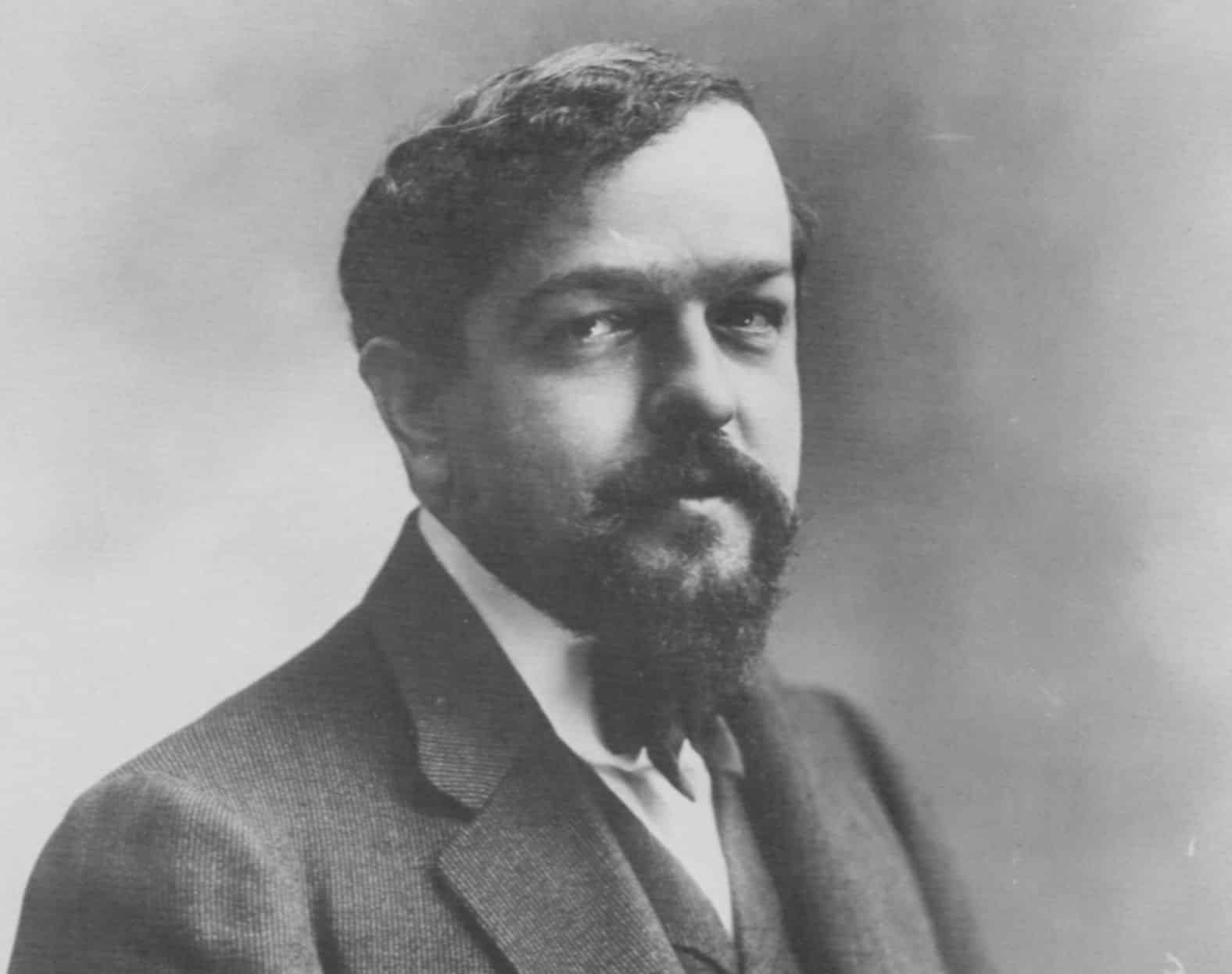
The Story Behind Debussy’s Ballade
Claude Debussy, one of the most celebrated French composers, is renowned for his innovative contributions to the world of music. His works often reflect a[…]

The Story Behind Mozart’s Violin Concerto No. 2
Wolfgang Amadeus Mozart, one of history’s most celebrated composers, displayed extraordinary talent from an early age. His Violin Concerto No. 2 in D Major, K.[…]
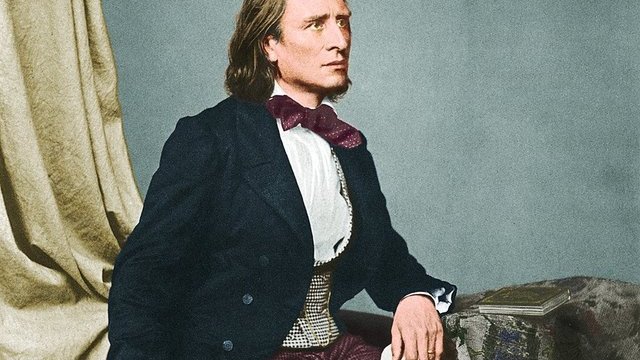
The Story Behind Liszt’s Concerto Pathétique
Franz Liszt, one of the most celebrated composers and virtuoso pianists of the 19th century, was renowned for his groundbreaking contributions to classical music. Among[…]
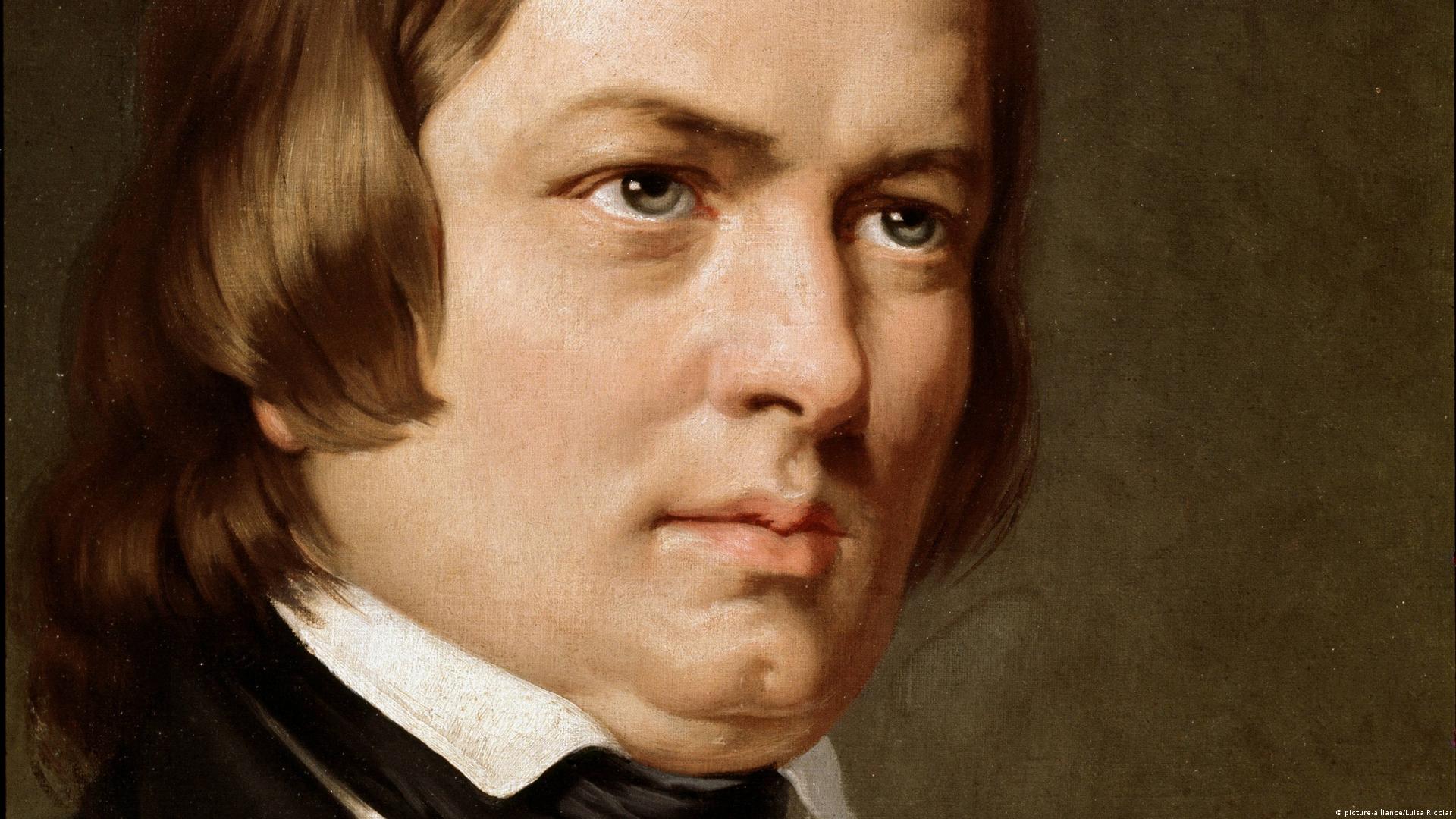
The Story Behind Schumann’s Carnaval
Carnaval, Op. 9, is one of Robert Schumann’s most celebrated and imaginative works for solo piano. Composed in 1834–1835, this suite of 21 short character[…]

The Story Behind Brahms’s A German Requiem
Johannes Brahms’ Ein deutsches Requiem (A German Requiem), Op. 45, stands as one of the most profound and spiritual works in the choral repertoire. Composed[…]